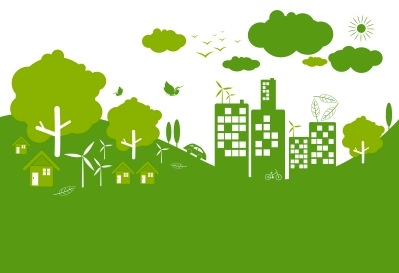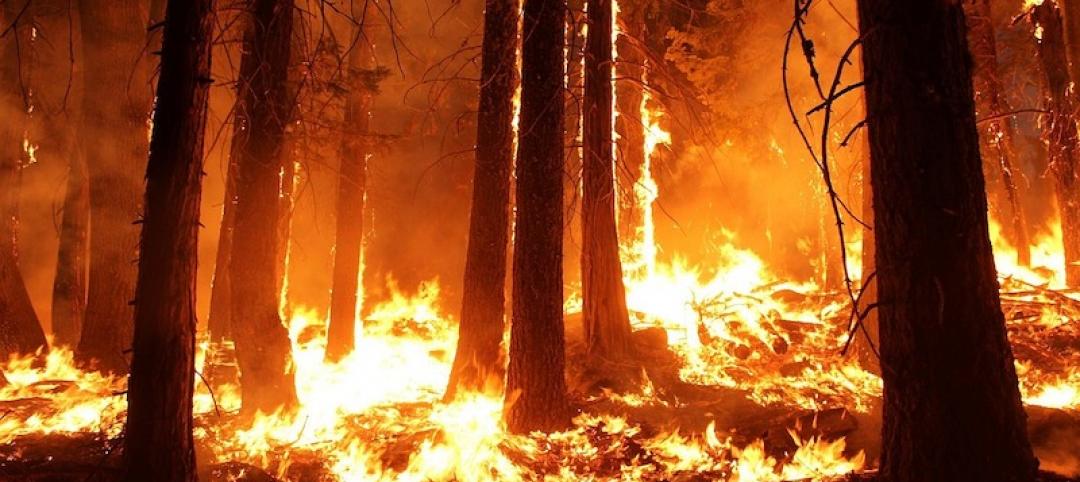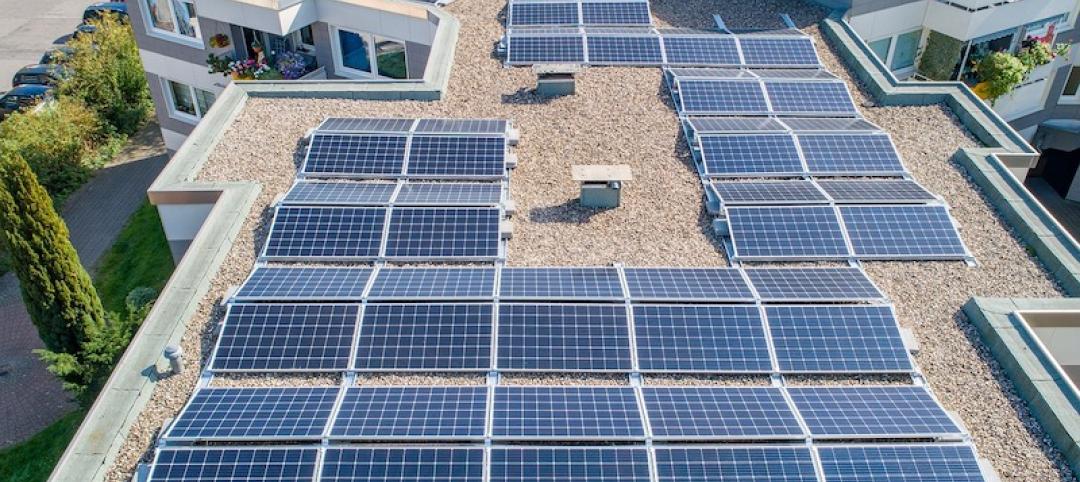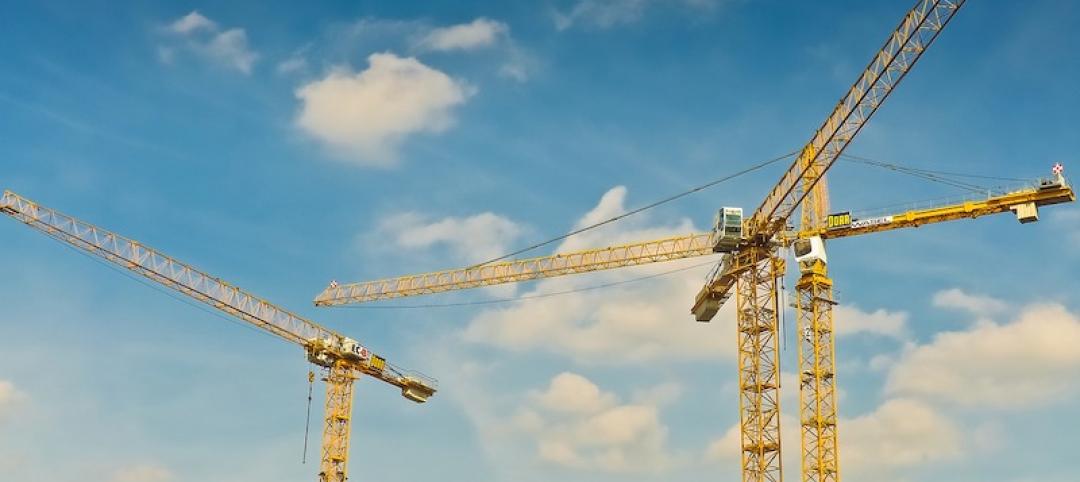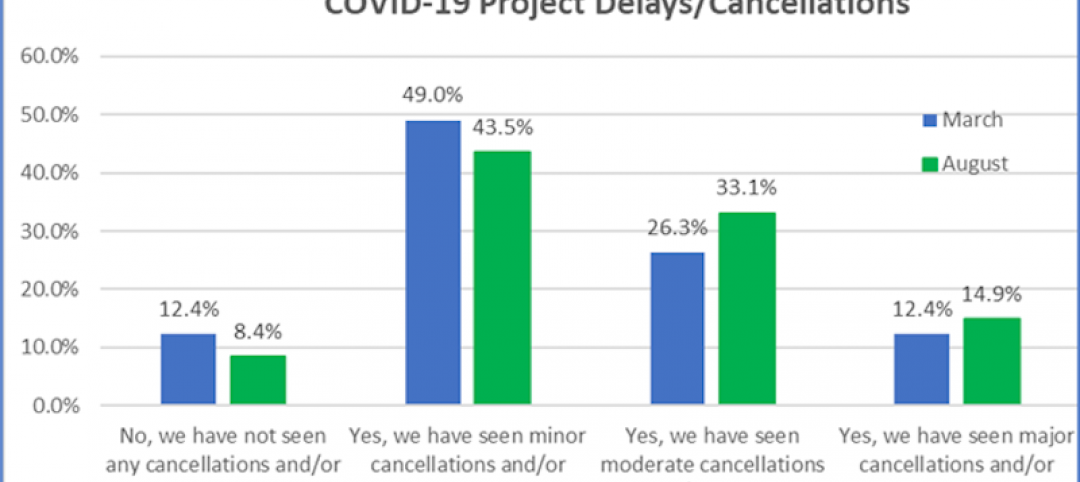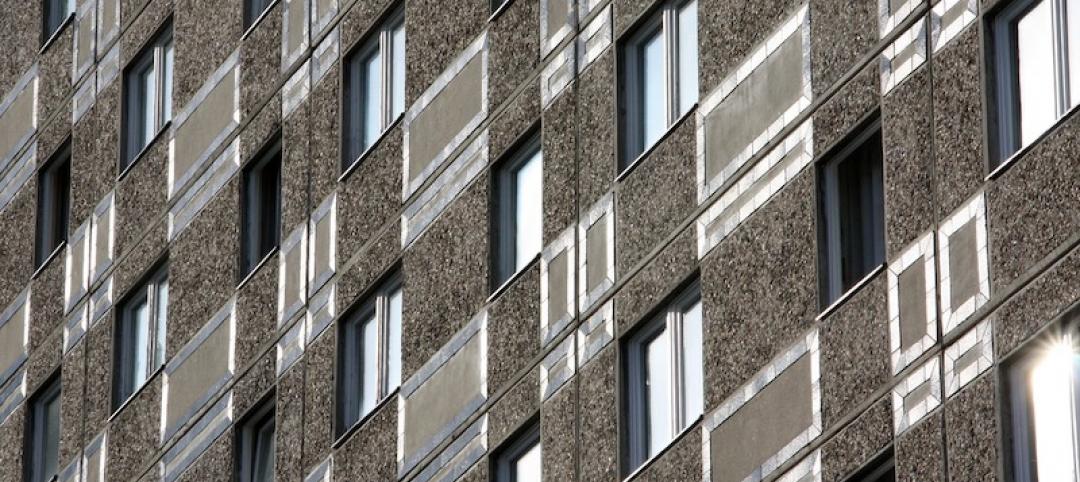The newly revised ANSI/ASHRAE Standard 105-2014, Standard Methods of Determining, Expressing, and Comparing Building Energy Performance and Greenhouse Gas Emissions, is intended to provide consistency in reporting the energy performance of existing or proposed buildings.
The standard answers such questions as: Should the measurements of a building’s area used in the equation to derive energy use per square foot be taken from the exterior dimensions or to the centerline of the wall? And, should storage spaces be included even though they are unoccupied?
“A standard method of measurement is needed to compare one building’s energy use to another,” says Keith Emerson chair of the Standard 105 committee. “For instance, comparing one building’s summer energy use to another building's winter use would be comparing apples and oranges.”
The standard provides a common basis for reporting building energy use in delivered energy forms and expressions of energy performance, and for comparing energy performance in terms of energy resources used and greenhouse gas emissions created—both across buildings and for energy efficiency measures within buildings. It also provides guidelines for comparing design options.
“To keep the standard flexible, a number of decisions are left to those who adopt it, including what should be calculated beyond site energy and the multipliers for those additional calculations,” Emerson said.
Related Stories
Codes and Standards | Nov 2, 2020
Wildfires can make drinking water toxic
Updated building codes could mitigate the danger.
Adaptive Reuse | Oct 26, 2020
Mall property redevelopments could result in dramatic property value drops
Retail conversions to fulfillment centers, apartments, schools, or medical offices could cut values 60% to 90%.
Codes and Standards | Oct 26, 2020
New seismic provisions for the National Earthquake Hazards Reduction Program released
The provisions present a set of recommended improvements to the ASCE/SEI 7-16 Standard.
Codes and Standards | Oct 22, 2020
More than 130 building projects have engaged LEED’s Safety First Credits in response to COVID-19
Best practices helping companies develop and measure healthy, sustainable, and resilient reopening efforts.
Codes and Standards | Oct 21, 2020
New technologies and techniques can ‘future-proof’ buildings
Net-zero principles may give buildings longer lives.
Codes and Standards | Oct 20, 2020
Updated AIA Contractor’s Qualification Statement and Warranty Bond documents available
Statement now includes safety protocols and plans, sustainability, and BIM experience.
Codes and Standards | Oct 19, 2020
NEXT Coalition chooses five pilot projects to fight COVID-19 on jobsites
Mobile platforms, wearable sensors, AI video systems among the trial solutions.
Codes and Standards | Oct 15, 2020
Neighborhoods Now offers cost-effective, DIY designs in response to COVID-19 pandemic
Designs include barriers for outdoor dining, sidewalk retail displays, and modular seating for public spaces.
Codes and Standards | Oct 14, 2020
Standard contract document for prefab and modular building released
ConsensusDocs addresses the most common prefabricated construction use-case scenario.
Codes and Standards | Oct 13, 2020
Austin is first major Texas city to adopt wildfire code
New ordinance based on the International Wildland-Urban Interface Code.


